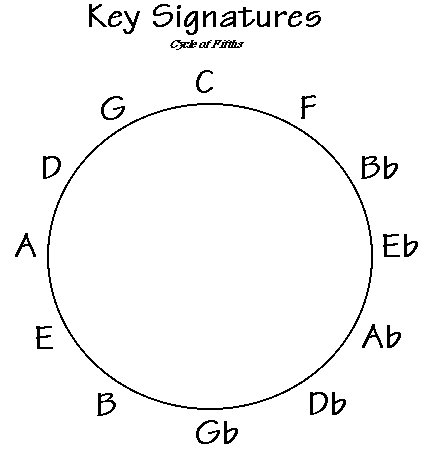I worked on the assignment for Melanie Tem’s writing group at lunch today. Once again, it turned into a short-short story, and once again, I had no idea where it was going or how I was going to make it work. I’m not sure it does work, but if nothing else, it’s a cool idea for a comic book character!
I also learned about Bruce Holland Rogers‘ fixed form of writing called a symmetrina. The more I dig into this, the more fascinating it looks. It has elements of structured poetry, self-reference, and even a hint of fugue. It looks like the perfect form for what I had envisioned as a series of poems about Perspective. Dang it, Bruce, you just gave me another project!
As I read the description of the symmetrina, I thought about poems I have written that have some of the same qualities. Follow along with me if you are interested.
In Two Shifts Passing in the Night, I used line length, font color, font size, and a shift in point of view (from third person to second person) in one continuous sentence to convey a sense of motion and illustrate the Doppler Effect. (Oh, and on the surface, it works as a simple poem about an unrealized relationship.)
Tikkune is the closest I have come to making a truly rigid form, with 22 lines of iambic pentameter (ten syllables per line.) This poem is based on the Tree of Life from Hermetic Kabbalah, and as such, the numbers 22 (letters in the Hebrew alphabet and paths on the Tree) and 10 (number of sephiroth) are significant. The first and fourth stanzas contain three lines, the second and third contain eight lines each. Each stanza illustrates one of the four worlds, moving from worldly to divine (Assiah, Yetzirah, Briah, and Atziluth.) The symmetry of the stanzas is meant to convey the image of the Tree of Life before the loss of knowledge (Daath, the “eleventh” sephira) and the fall of the center structure of the Tree. The rhyme scheme is also fairly complicated, with rhymes fifteen syllables apart, and couples at the end of the eight line sections, though I don’t remember exactly why I built it that way.
(Note: Tikkune is my personal interpretation of how a person might use concepts from Kaballah to increase his self-awareness, and should not be seen as any kind of Kabbalistic reference or endorsement. I have studied Kabbalah a bit, and I’m fascinated by the philosophical aspects of it. But I am no expert or teacher, nor do I advocate anyone getting involved with Kabbalah — or any religious or philosophical system — beyond the level of academic research without serious soul searching and consideration.)
The poem Ornithology is a tribute to Charlie Parker, both in words and form. It’s a sort of musical acrostic, with each stanza having its own “key.” The first notes of each line, if played or sung, create a simple melody resolving in the final note, the key of the stanza. Each stanza’s key, if played as a chord, resolves in a IV-V-I progression in the key of C. The lines are staggered according to the relative horizontal positions of their beginning notes on the Circle of Fourths (also known as the Cycle of Fifths.) If all this makes any sense to you, you win a medal!

(The graphic above is from the Vision Music website.)

